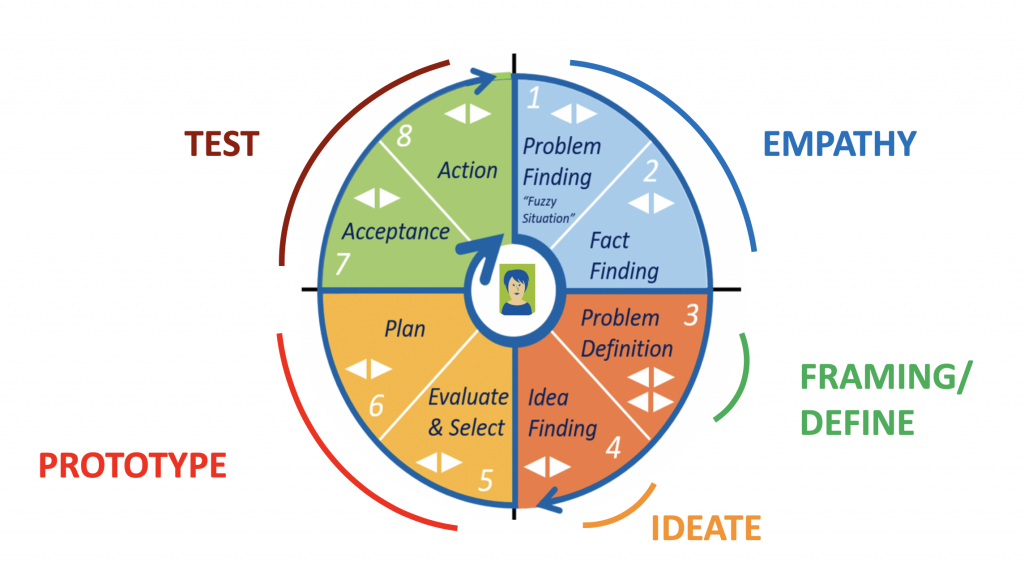Don’t confuse solutions with innovation.
We live in a world where “solutions” are easy to come by. Advocates, experts and lobbyists offer ready-made answers to complex problems. Politicians take sides and become entrenched in their positions, while people argue back and forth endlessly rather than collaborating.
Many solutions are framed as total opposites — like gas and oil versus solar power — and are viewed through the lens of cancelling each other out rather than fitting together in a long-term energy strategy.
This ineffective form of problem solving typically ends up in a quagmire, accomplishing little beyond frustration. Nothing works because we haven’t taken the time to understand what problem our solution will solve.
Albert Einstein is credited with saying, “If I had one hour to save the world, I would spend 55 minutes defining the problem and need only five to solve it.” Einstein was right. The ability to define a problem skillfully is the key to innovation. And collaboration is the key to skillful problem definition.
We’re reminded of a time when we worked with a consumer products company looking to lower the packaging costs of its potato chip products. While the chips had typically been shipped for delivery standing upright in large boxes, the manufacturing team discovered that it would save the company time and money if the individual bags were laid flat instead. But the new idea encountered resistance from the sales department because it slowed down the receiving process for customers, who typically counted the bags before signing the receiving documents.
Analyzing the situation made it clear that the real problem was, “How might we lay the bags flat but still allow the customer to quickly know how many bags are inside the box?” Several solutions immediately became evident, including providing each customer with a weigh scale so that opening the box and counting was unnecessary.
By defining the problem in a comprehensive way, the team developed innovative options that escaped the “if my solution wins, then your solution loses” approach that often results in stalemate.
Innovation demands disciplined thinking and collaboration. Just as we can see scientists all over the world racing together to create a vaccine to defeat the COVID19 virus, we need to encourage political collaboration on crucial issues.
How might we redefine the problem facing us today so we can move beyond the opposing solutions of either ‘saving lives’ or ‘opening our economies’? Expanding our perspective may inspire innovative solutions that satisfy many priorities.



